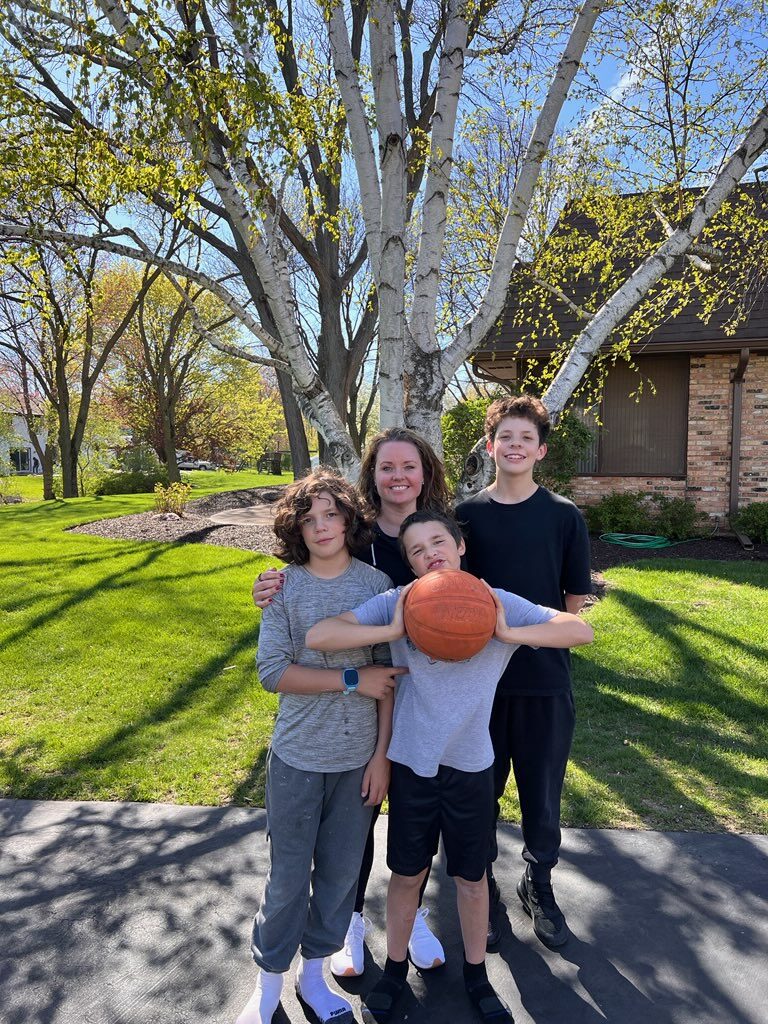Jennifer Prom, MSHA, BBA, BSN, RN
When I was in high school, my understanding of healthcare was limited. A career in the field, I thought, meant one of two things – becoming a nurse or a doctor, which, in my mind, equated to either cutting people open or constantly poking them with needles. My exposure came through a class that offered glimpses into various industries, including a hospital visit. Yet, the only thing I walked away with was a pair of scrubs, not a broader perspective.
With a nurse for a mom and a business-owner dad, I felt caught between two paths. I chose business. But as life unfolded, I found myself drawn into the healthcare arena, where I discovered just how diverse and impactful it really is. In hindsight, I realize that my mother’s quiet dedication to caring for others planted a seed I didn’t recognize at the time. Her influence, though subtle, shaped how I saw service, resilience, and the power of compassion.
Years later, as a healthcare leader, I had the opportunity to participate in a program that allowed high school students to shadow professionals across a range of roles—nursing, therapy services, finance, environmental services, IT, leadership, and more. Watching them engage with different departments reaffirmed the importance of early exposure. Healthcare is far more than patient care; even within nursing alone, the variety of specialties and career paths is extensive.
At home, I realized my children had misconceptions about my job. Their responses ranged from unclear to amusingly honest. My 9-year-old dismissed it entirely: “Nothing,” and walked away. My 13-year-old speculated, “You move patients into new hospitals.” My 11-year-old, however, had an unexpectedly practical take: “If someone gets shot, use a towel to stop the bleeding. When doing CPR, breaking ribs means you’re pushing hard enough—better to break ribs than let them die.” As a critical care nurse, I felt proud. Even small conversations can impart life-saving knowledge and spark discussions about healthcare.
Thinking back, I see a pattern—exposure and education shaping how we understand healthcare. My mother’s example influenced me, just as I now influence my children, whether they realize it or not. On Mother’s Day, I reflect on the lessons my mother instilled in me: the value of care, the strength in showing up, and the impact of even the smallest moments.
From school career days to shadowing programs to everyday conversations, we have the opportunity to reshape how kids perceive healthcare. It’s not just about needles and stethoscopes—it’s about people, problem-solving, and purpose. And often, it starts with the quiet influence of a mother.

